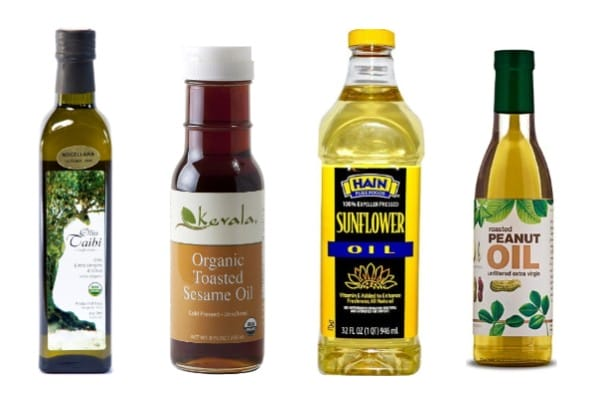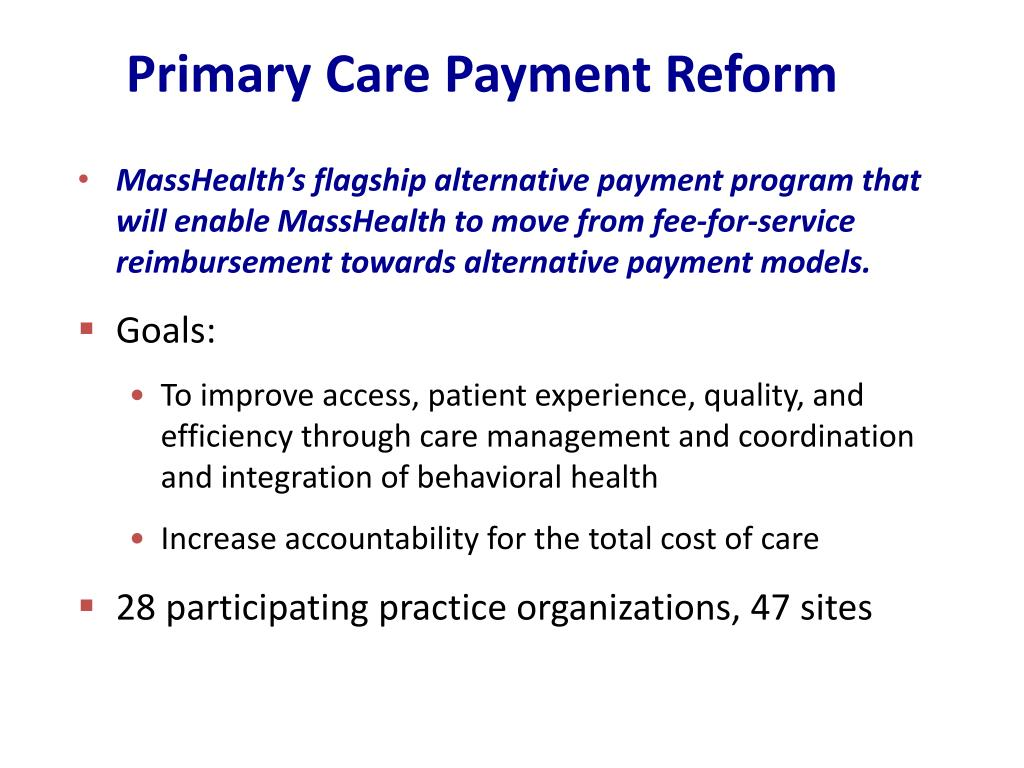Plant-based oils are becoming increasingly recognized for their impressive health benefits, particularly as an alternative to animal fats like butter. Recent research indicates that incorporating these oils into your daily diet could significantly reduce your mortality risk by up to 17 percent. This impactful dietary swap not only offers a simpler way to improve your overall health but also plays a crucial role in cancer prevention and reduces the risk associated with cardiovascular diseases. With options ranging from olive and canola to soybean oils, embracing plant-based oils can transform your culinary practices and enhance your nutrition. As more studies shed light on the health benefits of oils, it’s becoming clear that these dietary swaps are a wise choice for anyone looking to enhance their long-term well-being.
Emphasizing the advantages of using vegetable-derived oils reveals an essential aspect of modern nutrition. These oils, sourced directly from plants, offer a beneficial alternative to traditional animal fats and are linked to numerous positive health outcomes. As food enthusiasts adapt their culinary techniques, they can explore a variety of liquid fats that promote better heart health and longevity. Such oils not only provide a rich source of unsaturated fats but also contribute to meeting dietary needs while encouraging sustainable food practices. By making intentional shifts in our cooking choices and incorporating these botanical fats, we are paving the way for a healthier lifestyle.
The Health Benefits of Replacing Butter with Plant-Based Oils
Recent research highlights significant health benefits associated with replacing butter with plant-based oils in daily diets. Specifically, a study conducted by researchers from Mass General Brigham and Harvard reveals that daily substitution of butter with oils such as olive, soybean, and canola can lead to a staggering 17% reduction in the risk of premature death. This revelation underscores the importance of dietary swaps, particularly in transitioning from saturated fats found in butter to the unsaturated fats prevalent in many plant-based oils. Such dietary modifications not only improve longevity but also contribute positively to heart health and cancer prevention.
The findings suggest that even a minor reduction in butter consumption, when complemented by an increase in plant-based oils, can yield meaningful long-term health effects. The research involved a comprehensive analysis of dietary intake over three decades, focusing on the consumption patterns of over 200,000 participants. This broad dataset provides powerful evidence for healthcare professionals advocating for dietary changes aimed at reducing mortality risk. With these insights, individuals are encouraged to reassess their daily fat sources, emphasizing the transition towards healthier, more beneficial options that can lead to vibrant health.
Understanding the Dietary Swaps for Heart Health
Switching from butter to plant-based oils is a pragmatic dietary swap that can enhance cardiovascular health significantly. Plant-based oils, rich in polyunsaturated and monounsaturated fats, not only mitigate the risks associated with heart disease but also play a vital role in cancer prevention. The study indicates that higher intakes of these oils correspond with lower mortality rates from cardiovascular ailments, emphasizing their protective effects on the heart. This insight supports the pivotal role of dietary fats in overall health management, suggesting that individuals should prioritize oils over dairy fats to safeguard their heart.
Incorporating plant-based oils into meals can be both simple and versatile. Cooking with oils such as olive or canola can replace butter in various dishes, from dressings to sautéing vegetables. This simple dietary swap provides a double benefit by enhancing flavors while also contributing to better heart health. Furthermore, understanding the long-term implications of these culinary changes helps individuals make informed choices that align with their health goals. Emphasizing these swaps in nutrition counseling can effectively guide patients towards healthier lifestyles, demonstrating that small changes can lead to significant health benefits.
Long-Term Impacts of Dietary Choices on Mortality Risk
The long-term consequences of dietary choices, especially regarding fats, have profound implications for mortality risk. Research demonstrates that substituting 10 grams of butter daily with an equivalent caloric amount of plant-based oils could potentially reduce cancer deaths and overall mortality by 17%. This crucial finding reflects a broader understanding of how dietary fats influence chronic disease outcomes over time. By focusing on the type of fat consumed rather than just the amount, individuals can strategically lower their risk of significant health issues that contribute to premature death.
Moreover, the study’s long-term data draws attention to the need for continual public health messages surrounding dietary practices. Despite the initial research limitations, the compelling results serve as a powerful catalyst for change in dietary recommendations. Healthcare professionals can utilize this data to advocate for dietary improvements in their communities, reinforcing the message that adopting healthier fats can dramatically improve life expectancy. As such, it highlights the urgent need for awareness around plant-based oil utilization, transforming public understanding of dietary choices and their impact on health outcomes.
Incorporating Plant-Based Oils in Daily Diets
Incorporating plant-based oils into daily diets is a step towards improved health and longevity. Simple swaps—such as using olive oil instead of butter for frying or drizzling it over salads—can seamlessly contribute to a healthier lifestyle. The versatility of oils allows them to be utilized in a variety of dishes, making it easy for individuals to enhance their meals while benefiting from the health advantages they offer. This is particularly important as many people search for effective ways to reduce mortality risk through calculated dietary choices.
Moreover, increasing awareness about the health benefits of oils is crucial in today’s dietary landscape. Many individuals remain unaware of the significant differences between saturated fats found in butter and the healthier unsaturated fats found in plant-based oils. Education campaigns can further elucidate the importance of reducing butter intake and adopting oils that promote cardiovascular health and potentially aid in cancer prevention. By empowering individuals with knowledge, we can foster healthier communities and longer life spans.
Cancer Prevention Through Dietary Modifications
Dietary modifications, especially the inclusion of plant-based oils, play an essential role in cancer prevention strategies. With research indicating a strong link between high butter consumption and increased cancer mortality, transitioning to oils can be a proactive measure to reduce such risks. Plant-based oils contain antioxidants and anti-inflammatory properties that contribute to overall health, providing protective benefits against various forms of cancer. As more studies reveal the importance of dietary fat composition in cancer outcomes, the connection becomes more evident, encouraging dietary changes.
Furthermore, health experts advocate for increased consumption of plant-based oils as part of a balanced diet rich in fruits, vegetables, and whole grains. This holistic approach not only addresses issues related to cancer prevention but also targets heart health, leading to overall wellness. By elevating the role of plant-based oils in public health discussions, individuals can be motivated to make informed choices about their diets. The potential for reducing cancer mortality through simple dietary adjustments signifies the power of food in shaping health outcomes.
The Impact of Unsaturated Fats on Health
Unsaturated fats, predominantly found in plant-based oils, are instrumental in promoting better health outcomes. Contrarily, saturated fats present in butter have been linked to adverse health effects, including an increased risk of chronic diseases. Scientific evidence increasingly points to the benefits of replacing saturated fats with unsaturated fats, which can lead to improved heart health and reduced mortality risk. Embracing unsaturated fats in the diet can significantly alter one’s health trajectory and offers a preventive approach to common health issues.
Health organizations worldwide recommend dietary shifts that favor unsaturated fats, which are fundamental in developing guidelines for healthy eating. As consumers become more informed about the types of fats they consume, the spotlight on unsaturated fats strengthens. Furthermore, embracing cooking methods and recipes that highlight plant-based oils can pave the way for a healthier generation, ultimately reducing the prevalence of lifestyle-related diseases. This transition represents not just a personal health strategy but a broader public health initiative that seeks to improve community well-being.
Substitution Analysis: Insights from Research
The substitution analysis conducted in this study provides compelling insights into the potential health benefits of dietary changes. By simulating the impact of replacing butter with plant-based oils, researchers discovered significant reductions in mortality rates. This analytical approach substantiates claims about dietary modifications and their respective health impacts, showcasing the tangible benefits that can result from simple ingredient swaps. The methodological rigor applied to analyze the data highlights the credibility of the findings and encourages further exploration in nutrition science.
By understanding the mechanics behind these dietary swaps, we gain clarity on the nuanced link between food choices and health outcomes. Such analyses not only guide individuals in their dietary decisions but also inform public health policies. Increased emphasis on research in dietary substitutions can propel the movement towards healthier eating patterns, ultimately aligning with broader health objectives aimed at reducing preventable diseases. The insights drawn from this research can effectively shape dietary recommendations, leading to greater public health benefits.
Engaging the Public in Healthier Eating Choices
Engaging the public in healthier eating choices is essential for fostering lasting dietary change. With the backdrop of significant research findings regarding the risks of butter compared to plant-based oils, public health initiatives must focus on education and accessibility. This includes creating informational campaigns that illustrate the benefits of dietary swaps, empowering individuals to make informed choices about their health without feeling overwhelmed. Simplifying these concepts into practical advice can motivate a community-wide shift toward better dietary practices.
Furthermore, supporting local initiatives that promote the use of plant-based oils in cooking can create a culture that values healthy eating. Cooking classes, recipe shares, and community gardens can foster interaction and interest while educating the public on how to incorporate healthier fats into their diets. Encouraging local restaurants to feature dishes with plant-based oils can also make these healthier choices more accessible. By building a supportive network, we can create a ripple effect toward improved public health outcomes, leveraging the connection between dietary choices and longevity.
Understanding Fat Types and Their Role in a Healthy Diet
Understanding the various types of dietary fats and their roles is foundational for anyone looking to improve their health. Saturated fats, such as those found in butter, have come under scrutiny due to their association with adverse health outcomes, while unsaturated fats found in plant-based oils are celebrated for their positive effects. This distinction is critical in devising a diet that minimizes health risks and enhances longevity. By knowledgeable selection of fats, individuals and healthcare providers can create meal plans that not only taste good but also promote better health.
In educating the public about dietary fats, it becomes imperative to focus on simpler, digestible information that breaks down fat types. Offering resources, such as charts or infographics, that clearly delineate which fats to choose can empower individuals to make healthier dietary decisions. By fostering a deeper understanding of fats, we can engage individuals in conversations about nutrition that lead to improved health across communities. Ultimately, it is this awareness that drives both individual and collective action towards better dietary practices.
Frequently Asked Questions
What are the health benefits of plant-based oils compared to butter?
Plant-based oils, such as olive and canola oil, offer numerous health benefits compared to butter. Studies show that substituting butter with plant-based oils can reduce premature mortality risk by up to 17 percent, lower total and cancer mortality, and provide essential unsaturated fatty acids, promoting overall heart health.
How can dietary swaps involving plant-based oils improve my health?
Incorporating plant-based oils into your diet as a swap for butter can significantly enhance your health by reducing the risk of premature death, especially from cancer and cardiovascular diseases. Even small changes, like using olive oil instead of butter, can result in meaningful health benefits over time.
Can plant-based oils help in cancer prevention?
Yes, plant-based oils have been associated with lower cancer mortality rates. A study found that individuals who consumed more plant-based oils had a 16 percent reduced risk of death from cancer compared to those who consumed less. The healthy unsaturated fatty acids in these oils play a role in cancer prevention.
Which plant-based oils are best for replacing butter in my diet?
The best plant-based oils to replace butter include olive oil, canola oil, and soybean oil. These oils are not only healthier but also offer a variety of flavors suitable for cooking, baking, and salad dressings, making them ideal dietary swaps to enhance your health.
How do plant-based oils contribute to reducing mortality risk?
Plant-based oils reduce mortality risk by providing healthy fats that replace saturated fats found in butter. Research indicates that daily consumption of plant-based oils is linked with a 17 percent lower risk of premature death, highlighting their importance in a healthy diet.
| Key Points | Details |
|---|---|
| Study Findings | Replacing butter with plant-based oils can reduce the risk of premature death by 17%. |
| Research Background | Study conducted by Mass General Brigham, Harvard T.H. Chan School of Public Health, and the Broad Institute involving 221,054 participants. |
| Health Implications | Higher consumption of soybean, canola, and olive oil is linked to lower cancer and cardiovascular disease mortality. |
| Different Fatty Acids | Butter is high in saturated fats; plant-based oils are richer in unsaturated fats. |
| Public Health Perspective | Simple dietary swaps could prevent significant mortality from chronic diseases such as cancer. |
| Future Research | Further studies are needed to explore biological mechanisms and broader population effects. |
Summary
Plant-based oils are proving to be a beneficial substitute for animal fats like butter, as they can significantly lower the risk of premature death. The recent study highlights how daily incorporation of oils such as soybean, canola, and olive oil can lead to a 17% reduction in mortality risks associated with severe health conditions, such as cancer and cardiovascular diseases. This indicates the profound impact our dietary choices can have on long-term health, reinforcing the importance of plant-based oils in a balanced diet.




